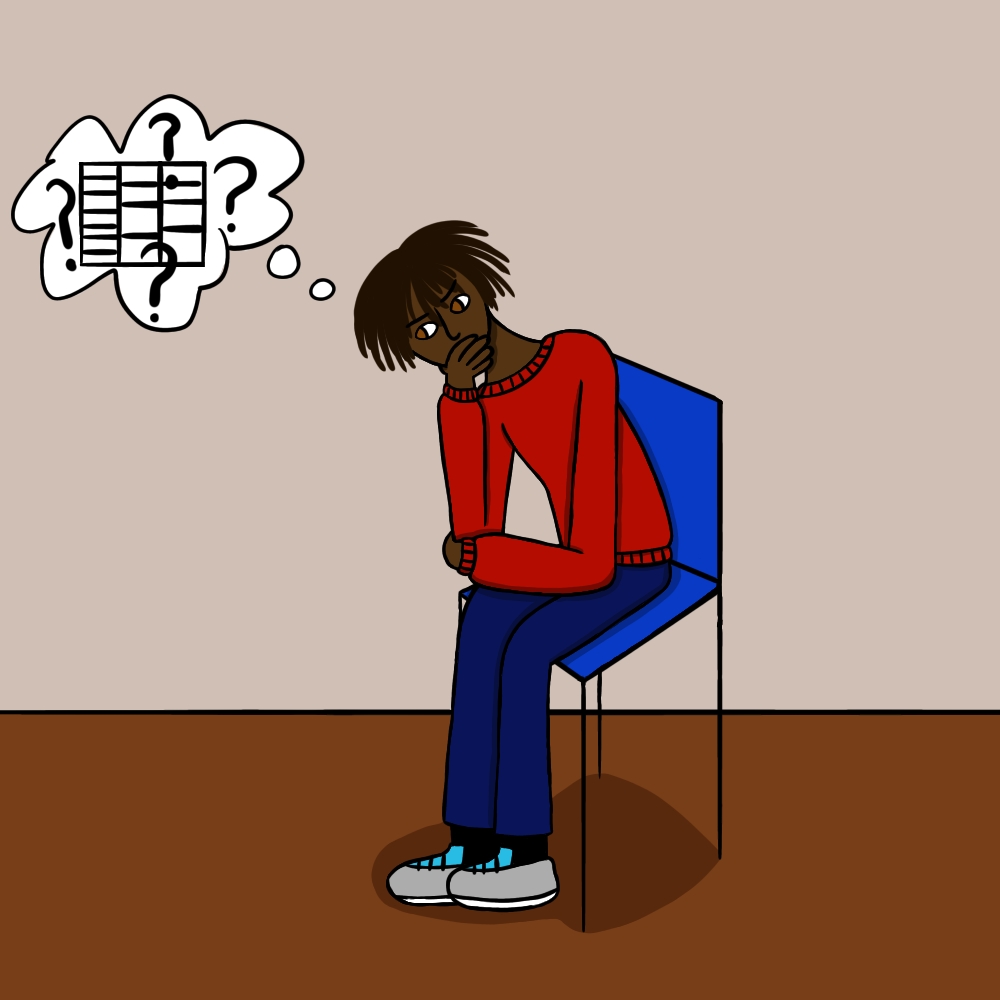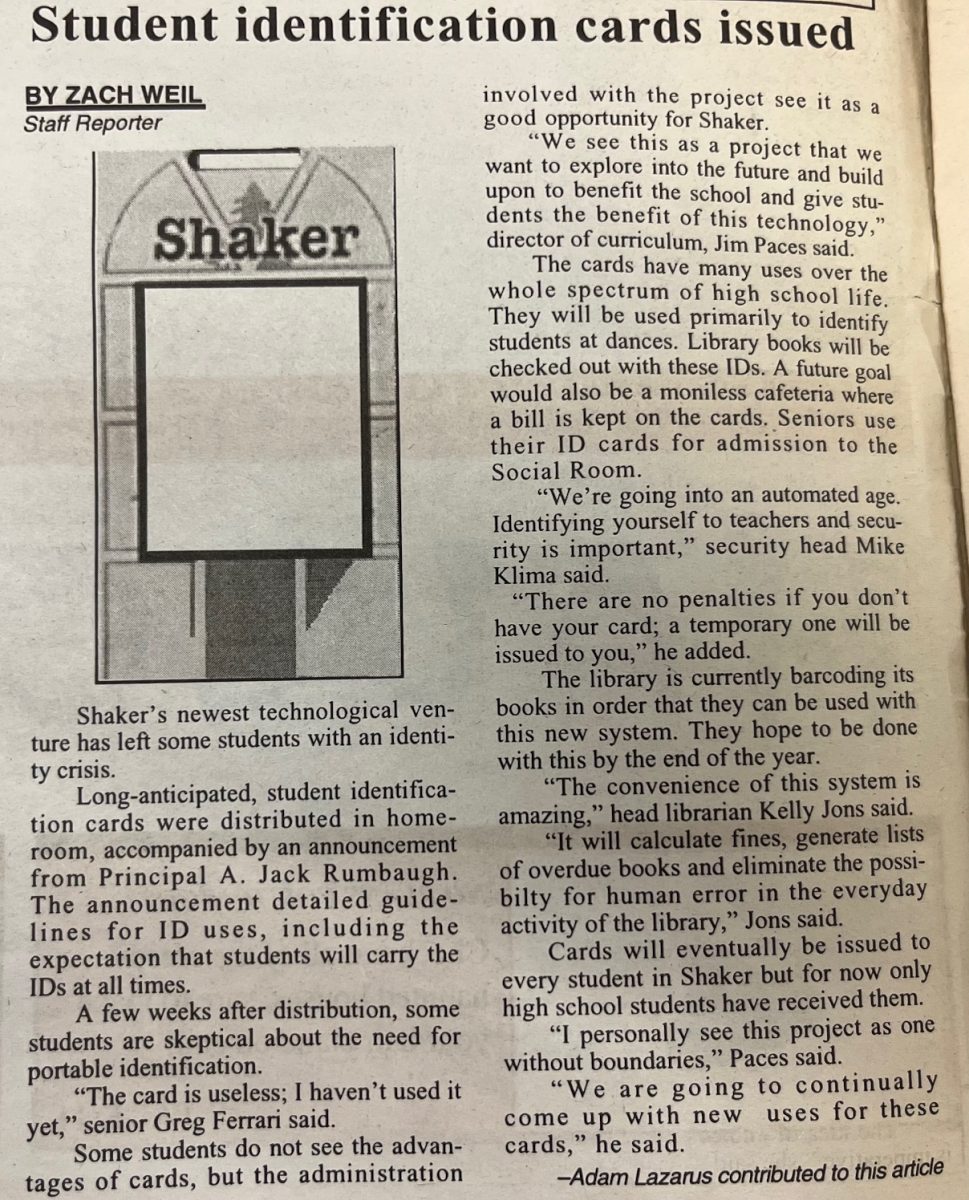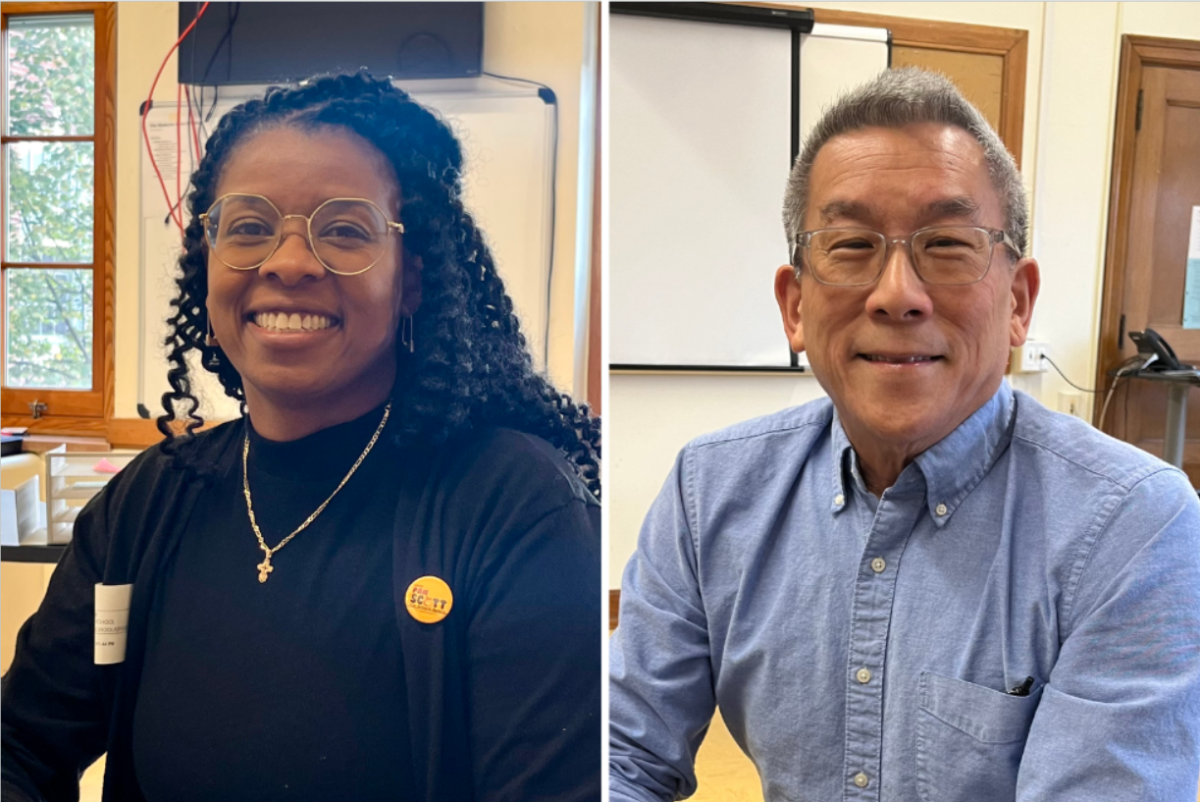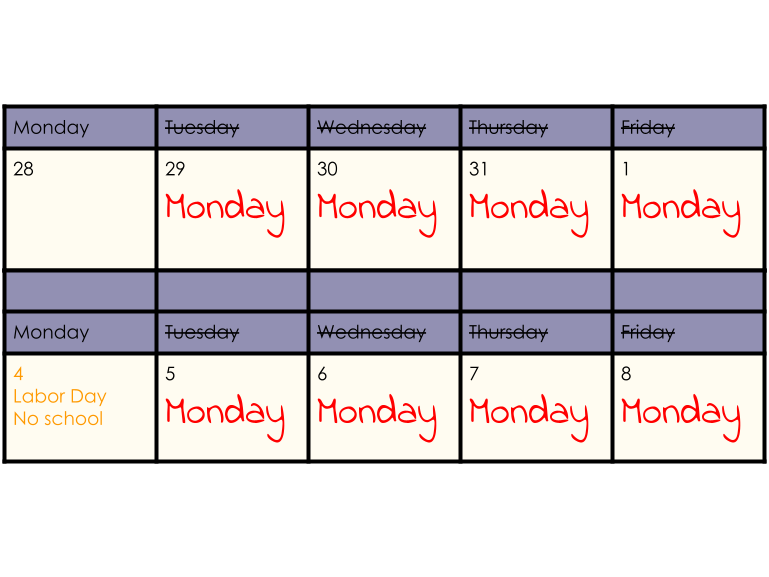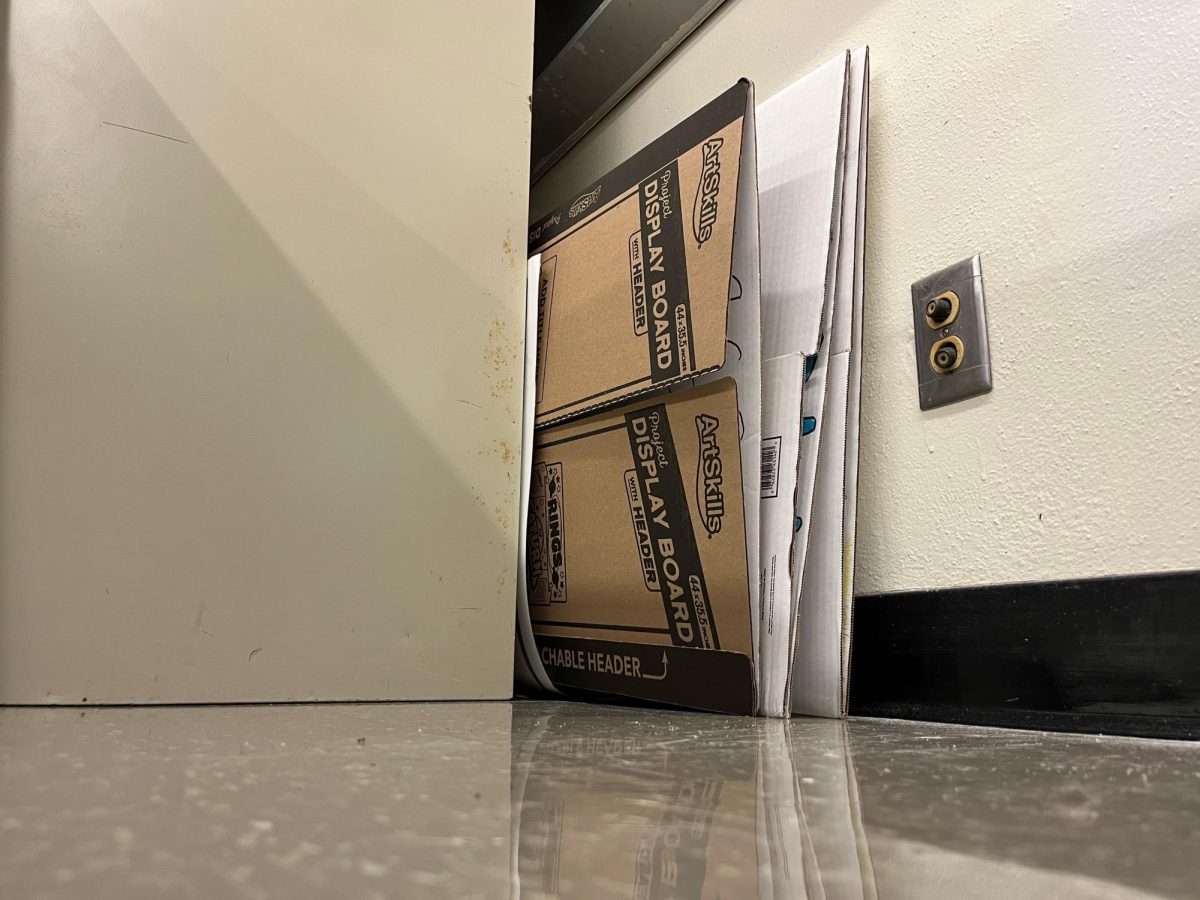You’ve spent the entire semester completing homework assignment after homework assignment and studying for test after test. What’s your reward at the end? A three-hour final exam. You know, just to make sure you can spit back everything you’ve memorized.
Have we ever asked ourselves what exactly is the point of final exams?
Shaker Heights’s 2011-2012 Teachers’ Guide states that “[semester examinations] serve both to prepare our students for similar tests in college and to help the student organize and pattern the outcomes of the specific course.” As if students don’t get enough practice from OGTs, pre-SATs, SATs, PLANs, ACTs, SAT II subject tests, AP tests, IB tests, and countless other tests throughout high school.
Still, college preparation is important. After all, it’s the purpose of high school. But are finals really necessary?
Exams are actually starting to disappear from colleges. According to a 2010 Boston Globe article, “only 259 of the 1,137 undergraduate courses [at Harvard University] had a scheduled final exam.”
The article stated that final exams “are being abandoned or diminished, replaced by take-home tests, papers, projects, or group presentations.”
Even so, we certainly want to see if students have learned anything throughout the year, right?
“Honestly, my expectation is if that you’ve got an A in my class throughout the semester you’ve obviously demonstrated both good understanding and good study skills,” said biology teacher John O’Verko. “And there’s no reason to believe that is going to change for the final.”
O’Verko said it’s rare for his students’ grades to decrease because of a final. “More people are able to improve their grade than actually drop their grade,” he said.
It seems to me that if you do well in a class, then you’re bound to do well on its semester final. If you’ve already proven yourself throughout the year, is there a need to do so again at the end of the year?
For teachers who still want to assess their students, there are better alternatives to final exams.
Terry Pollack and Paul Springstubb teach Asian Studies, a course that does not include a final exam. Instead, class assignments are based on independent research.
Pollack relates Asian Studies’ philosophy to a class which the high school no longer offers. “We used to have a class at Shaker many years ago called Flexible American Studies,” said Pollack, “where kids helped to design the curriculum based on their own interest level.”
Creative Writing teacher Carole Kovach said, “Shaker has always been known for a place of creativity and individualism.” However, she believes that it’s leaving this reputation behind and going back to old times. I agree, especially when Kovach explained how the Creative Writing exam worked before she began teaching the course.
“The person before me was giving a final where [students] would read a short story and analyze it,” said Kovach.
Like Springstubb and Pollack, Kovach does not employ a traditional final exam in her Creative Writing class. Instead, she has students compile a portfolio of their written work. She said that the portfolio is an “alternative way to measure a student’s growth in education and replace the typical question-and-answer exam,” and believes that it works well in the class.
In fact, alternative assessments could work well with many classes. With projects, students forgo memorization for research, critical thought and creativity. Best of all, they still pull together what they’ve learned throughout the year.
Of course, not all finals are based on memorization, such as English exams, some of which employ an essay or two. But why write an essay within a three-hour time limit? Oh that’s right, to force students to do everything quickly. Silly me, I nearly forgot that the value of taking time to think was lost a long time ago.
Unfortunately, exams are becoming more and more standardized and teachers are losing control over what goes into them. Does anyone else find that ironic? The one person who knows best how to assess their students doesn’t have the power to do so.
It seems that final exams are becoming more and more like SATs and ACTs. Don’t even get me started on those. If test standardization continues, College Board will soon be devising all of our semester finals. Excited? Me neither.
Students play a large role in whether or not exams are given. “The question is,” Pollack said, “can we get a group of kids who want to take a course for the excitement of taking the course without the pressure of exams?”
Pollack believes that tension is a great motivator. In this case, the tension is the tests. Without tension, many students might not work as hard in class. It’s just like homework. If no points are involved, a majority of students probably won’t do the assignment.
Can we prove this mentality wrong? Students, don’t expect to see the end of finals or even traditional exams until you begin to take school and learning a little bit more seriously.
By basing academic success off of memorization and quick thinking we’re diminishing the true value of education and learning.
What is the true value of education, you ask? Allow me to enlighten you. The true value is in the lessons you learn during your studies, the ones you’ll carry with you for your entire life.
Knowing mathematical equations might be useful, but learning to think logically is invaluable.
Analyzing literature might be useful, but learning to write well is irreplaceable.
Memorizing the dates in European history might be useful, but understanding new perspectives through other cultures is priceless.
I leave you with one final thought: do final exams motivate students to be resourceful and to research? Or are they just exercises in memorization?
In this technological age where information is accessible at your whim, memorization isn’t necessary at all. As Harvard University history professor Charles Maier said to the Boston Globe, “Life is open book; it’s not closed book.”

